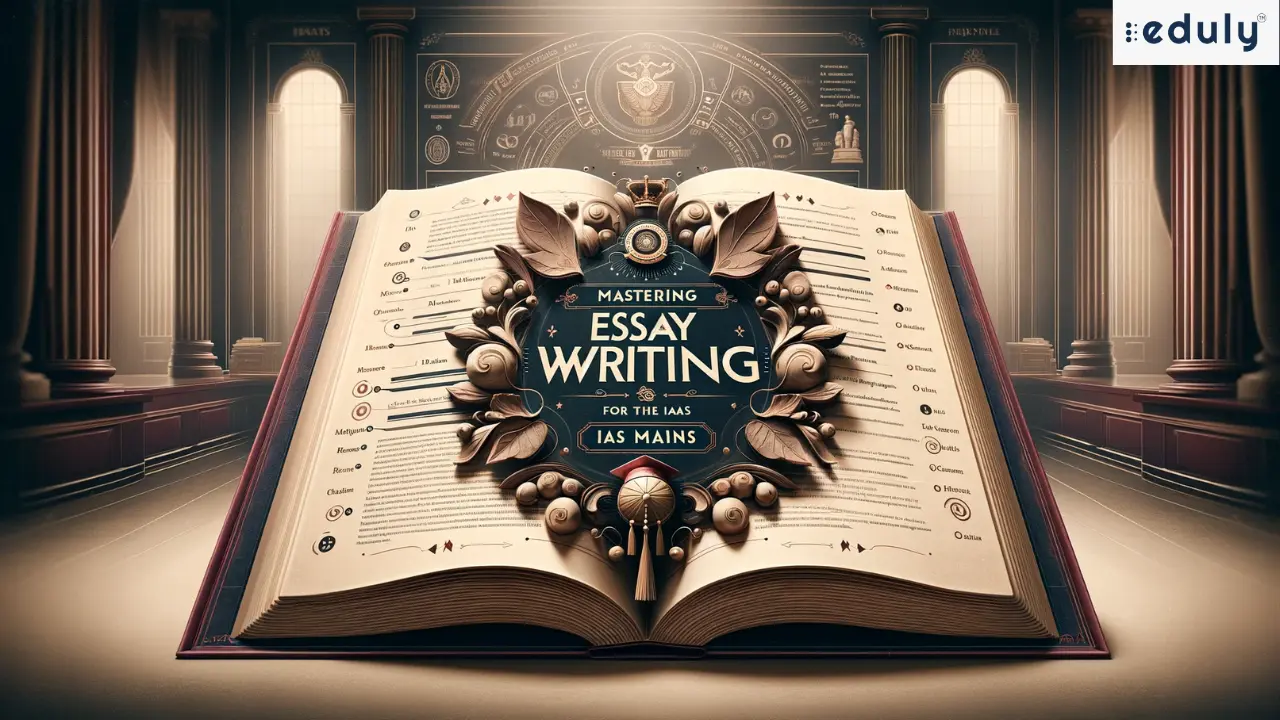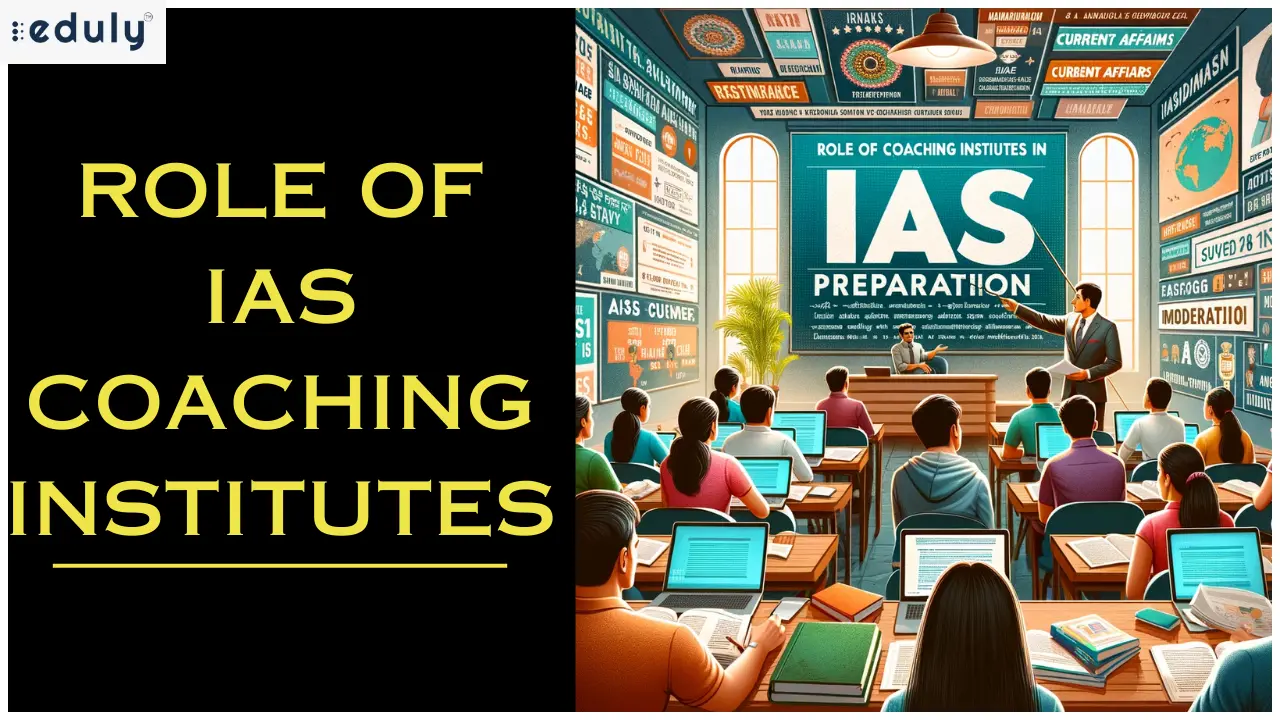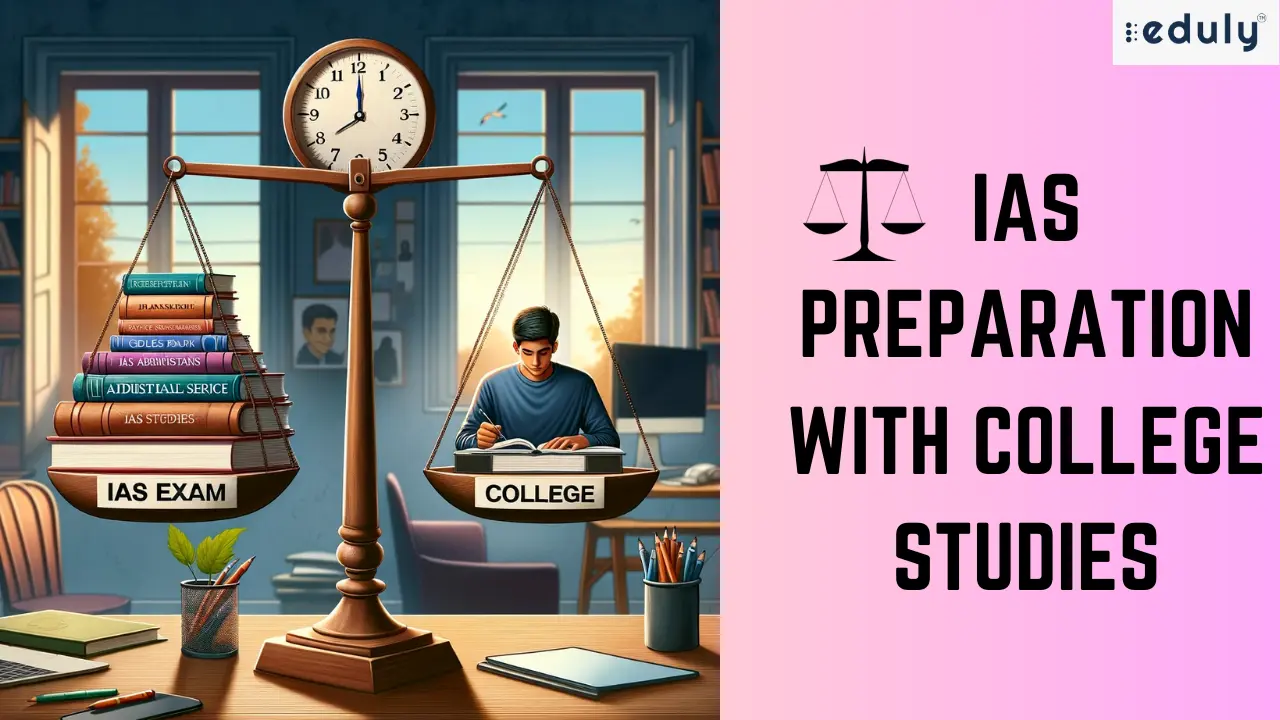Introduction
Well, the UPSC essay paper is a crucial component of the civil services mains and is given a lot of weight when evaluating merit. Essay assignments must be prioritized throughout the compound in order to succeed. Additionally, getting help from best upsc coaching in Delhi may be a big help in improving one’s performance and skill in understanding the subtleties of essay scribbling, giving you a competitive edge in this important test.
Framing an effective essay for the Civil Services Examination demands more than just writing capability; it necessitates mastery. The top IAS coaching in Delhi recognizes this challenge, offering comprehensive guidance to equip applicants with the moxie required to write compellingly for three rigorous hours.
The UPSC essay writing element, reinstated in 1993, seeks campaigners’ completeness not only in English but also in Indian languages listed in the constitution’s eighth schedule. The Satish Chandra Committee further recommended assessing campaigners through a 200-mark essay, making a thorough assessment of their verbal and writing prowess.
Understanding the IAS Essay Paper
The IAS Mains Exam’s Essay Paper is divided into two portions, A and B, each containing four main concepts worth 125 marks, for a total of 250 (125×2) marks. Within the allotted three hours, candidates must choose a topic from each area and write 1,000–2,000 words about it.
Candidates can improve their preparation by working through previous UPSC essay questions and answers. They would be able to write better and comprehend essay UPSC topics that have been asked in the test for years thanks to this.
Basics of Essay Writing
Divided into paragraphs is the most popular way to organize an essay. Body paragraphs will be included in this strategy in addition to the introduction and conclusion. The candidate must include all of his information in these body paragraphs.
The introduction of the essay might be its most significant section. An introduction that has been carefully considered will undoubtedly leave a good impression on the examiner. First impressions are highly crucial. Later on in this plan, we’ll talk about how to compose an appropriate introduction.
Choose right topics
- Read each of the offered subjects in its entirety.
- Select a subject that you have an extensive understanding of and are most comfortable with.
- Stay away from controversial or potentially biased themes.
- Select a topic only when you fully comprehend its meaning. Recognize the meaning of IT in the context of income tax or information technology, for example.
- Choose a topic more than just because it piques your curiosity. To write about it effectively, make sure you have adequate substance and a well-rounded approach.
Planning and Structuring Your Essay
Planning is necessary for a quality essay. It involves three steps: first, brainstorming ideas for the essay’s topic; second, defining or comprehending the essay’s subject matter in great detail; and finally, creating the essay’s outline.
- The first stage in writing an essay is brainstorming. By brainstorming, you can gather all of your ideas in one location for easy access. Although there are no hard and fast guidelines, one can usually start with the issue at hand and start listing the first ideas that occur to mind. Ideally, this practice takes up a whole page.
Outlining the essay
- It is best to outline the essay before starting to write it. Creating an outline for an essay entails deciding what to say in the beginning and conclusion, where to put each argument, and even which quote to use.
- Before writing the essay, a preliminary outline helps us understand the essay as a whole. In addition to helping us notice what we could be missing, it gives us a view.
- There is a saying that it is much simpler to start and conclude an essay with confidence if we can figure out how to end it.
Writing Techniques
Writing two essays in three hours, or one hour and thirty minutes for each essay, is a requirement for the CSE. One essay will take between 45 and 1 hour to complete. An additional ten minutes might be added for each essay rewrite. This gives us around thirty minutes to write the essay in rough form, which also includes time for brainstorming and outlining activities.
- A brief introduction of the essay’s subject can make a strong start. It can be made even more engaging by using personal experiences, pertinent quotes, or anecdotes.
- Any questions the reader may have about the issue should be instantly addressed in the introduction, which should not be unclear or confusing.
- The last sentence of a stand-alone paragraph declares that the paragraph is done and comprehensive. The last line of a paragraph in an essay is more likely to serve as a transitional technique, tying one paragraph to the next.
- For an essay, flow is crucial. It has a connection to writing order as well. There are two kinds of writing orders.
- Recognized by writing in a new order is when the writer knowingly switches from well-known (given) concepts to ones that are not. Gradually, new content is provided to expand upon the unknown.
- The goal of the conclusion is to ensure that the essay ends smoothly. It’s also critical to remember that a solid conclusion is just as crucial as a strong beginning. Bo- are essential for achieving higher grades.
- There are several approaches to wrapping up an essay: you might summarize the major ideas in bin rief and a different style, offer a solution or a plan of action, or end it with a thought-provoking personal statement or anecdote that relates to the topic.
- The conclusion ought to be optimistic and search for the bright side of things. Additionally, it should be as precise and succinct as feasible.
Find Coaching Near You
Advanced Essay Writing Techniques
The UPSC Mains Essay always covers current issues, and applicants are required to keep up with advances across a range of industries. The essay paper requires applicants to analyze complicated subjects from multiple angles. This calls for the capacity to analyze something critically, recognize its different facets, and offer a fair analysis.
Every topic has two sides, so make an effort to present reasons and counterarguments, then skillfully address them. This strengthens your case and shows that you have a thorough comprehension of the subject.
Expression of ideas must be precise and brief, especially in philosophy. For the reader to understand the candidates’ points, their essays must be strong and well-structured.
Thinking beyond the box is valued by the UPSC. Instead of delivering cliched and repetitious arguments, candidates should make an effort to offer novel insights and viewpoints on the selected subjects.
Common Mistakes and How to Avoid Them
1 Lack of Knowledge Regarding the Subject
Not understanding the topic of the essay completely is one of the most common errors made when writing one. Essays that are off-topic or neglect to address the main concerns are occasionally the consequence of candidates misinterpreting the subject. They would be wasting their valuable time in that scenario.
2 Poor Planning and Time Management
Poor planning is frequently the result of time limitations. Essays written by candidates may be hurried through, skipping important stages like outlining and brainstorming.
3 Weak Introduction
Some applicants have a bad habit of writing confusing or weak beginnings that fail to draw the reader in or offer a clear outline for the essay. An unimpressive beginning creates a weak mental image for the assessor.
4 Neglecting Evidence and Examples
Frequently, candidates neglect to reference relevant details and cases to back up their claims. This could reduce the essay’s impact on the assessor’s viewpoint.
5 No Original Ideas
Some applicants fail to provide novel insights into their essays, instead depending only on well-worn concepts.
Solution
Before taking the test, become comfortable writing practice essays. During the exam, spend some time reading and thinking critically about the essay topic. Examine it into its essential elements and keywords.
To avoid this, exercise the mock paper in a timed manner. Make sure you leave acceptable time during the test for planning, brainstorming, and jotting. Make sure your essay has a clear structure and organize your studies before you start writing.
Admire the distributed time for each essay. Write a strong preface that identifies the content, emphasizes its significance, and enumerates the crucial points you wish to bandy. Make sure your jotting is terse and easy to understand.
Make sure you support your arguments with applicable examples, data, statistics, and first-hand narratives. Each piece of substantiation directly contributes to the argument you’re making. Strive to give the content some serious study. Offer distinct shoes and borrow a range of positions. To demonstrate that you have a complete understanding of the subject, precisely review and dissect it.
Practice Makes Perfect
Examine the essay papers from the last ten years and make a note of topics (such as those related to education, the environment, disaster relief, nationalism, women, inclusion, poverty/inequality, the future, IT advancement, science and technology, etc.).
Have a general understanding of each topic now. Take notes on every topic. A few statistics, a working comparison across countries, and, if possible, some quotes should be included. Generally, one A4 sheet should contain some information about each topic.
During the time you spend preparing, you must write essays. Additionally, ask mentors, professors, or senior citizens for input on the essays you write.
Real Examples of Successful IAS Essays
Vikram Grewal AIR 51 UPSC CSE 2018
I just wanted to let you know that this post would be brief before we go into the Civil Services Exam ESSAY paper. My dear friend, I won’t give you instructions or beg you to do anything, like obey rules or use “tips and tricks.”Since writing an essay is an issue of the heart and mind. And each pair is equally lovely and perceptive. Let’s talk about the soul’ instead.
This year, I received 161 marks for my essay. I understand that without these grades, my rank would have been “not-so-good,” but considering how much fun I had writing those two pieces, I believe it to be a very small inconvenience.
What Made These Essays Stand Out
- Begin with a captivating quotation, example, or book reference that jolts the examiner out of their reverie.
- Use keywords to move the essay along. Additionally, to maintain a connection to the main title, weave a thread across paragraphs.
- Incorporate assertions that bolster your claims across every paragraph.
- Have an optimistic yet critical outlook and be ‘balanced’ overall. By the time the examiner gets to the end of your essay, it ought to be apparent.
- Don’t be scared to use allusions to popular culture, music, and films. Proceed if it facilitates the explanation.
Staying Updated and Relevant
You should have it since it is crucial, particularly for the underlying currents that are present in the majority of the issues raised in the questions. However, even if you are not asked for current events information, you shouldn’t be overly aggressive about providing it.
However, it could serve as a starting point for you to provide some shocking information about the current situation in your answers; however, it shouldn’t form the main body of the inquiry if it doesn’t make a demand. In the end, the rule is to respond rather than to write. Furthermore, just because the issue has been raised, doesn’t mean you have to follow the preconceived assumption that I have to divulge details about the current situation.
Final Tips and Strategies
1 Don’t Read Anything New
Have faith in your readiness and know that the material you have studied thus far is the best you could have done. Avoid choosing a new topic to study right before the test; there is very little likelihood that you will recall any material you learn at the last minute.
2 Complete Mock Exam Papers
Gaining confidence can be facilitated by passing practice exams. It becomes crucial to manage time and make sure the OMR page is shaded with the correct answer when there are 100 questions to answer in an hour. The best thing to do is to solve as many papers as you can to gain confidence and time management skills.
3 Have faith in your preparation and be positive
Even with a great deal of preparation work, the majority of students are unable to pass the preliminary exam. This is primarily the result of negative self-talk and a lack of self-confidence. Admitting to yourself that you have done enough studying and that you cannot go back in time to do more is crucial when you are about to take the test. You will not succeed in the exam if you are self-conscious or negative.
4 Revise
You have to commit a lot of numbers and facts to memory for the UPSC Prelims. Rewriting several times is the only way to ensure you remember everything. It is critical to realize that cramming is ineffective. To retain the material, you must comprehend it and go through several modifications. Thus, the final few days leading up to the test ought to be dedicated to preparation only.
Conclusion
Participating actively in the UPSC assessment process is essential to mastering essay writing for the IAS Mains. The essay paper is in two portions and requires thorough knowledge and good note-taking skills. A solid introduction and conclusion, as well as careful planning and execution of the content, are essential for success.
More elaborate methods entail providing divergent viewpoints, engaging in critical analysis, and steering clear of typical errors such as inadequate planning and weak projections. Practice in harmony, scheduled practice exams, and feedback seeking are the keys to success.
Successful IAS essay examples that are real highlight originality, effective use of keywords, and a well-rounded strategy. Achieving success requires staying focused on relevant themes and adhering to last-minute advice like avoiding last-second reading and boosting structure confidence via adjustment.
Also Read:




